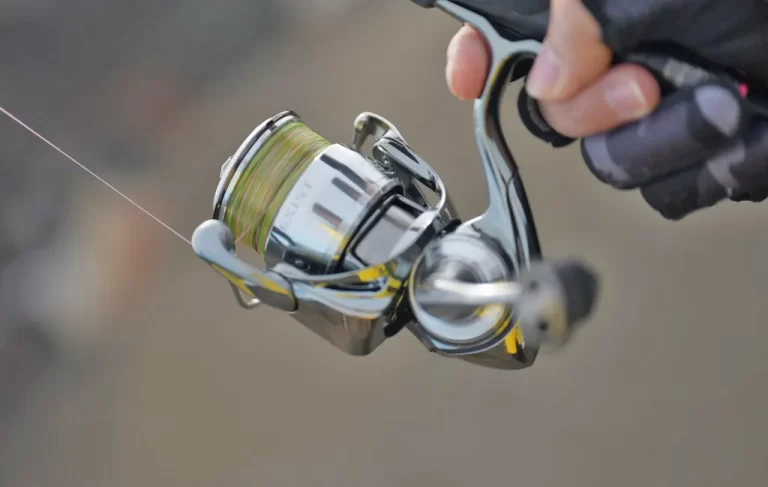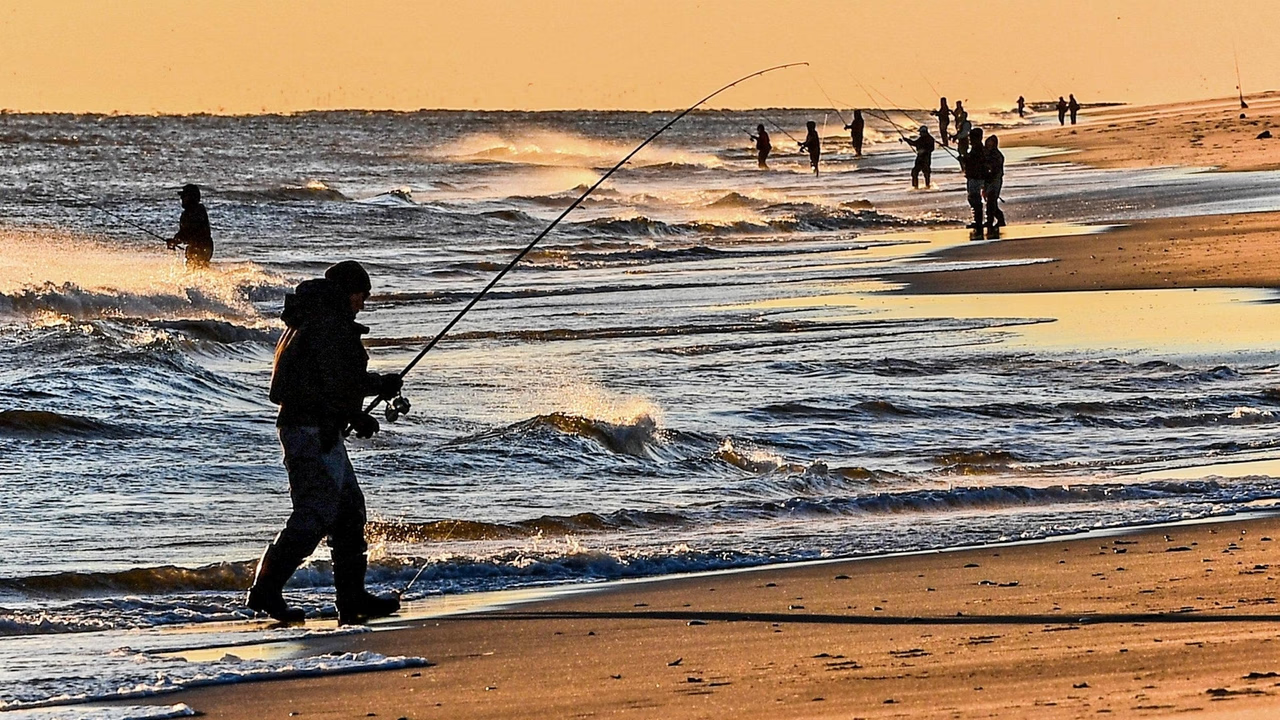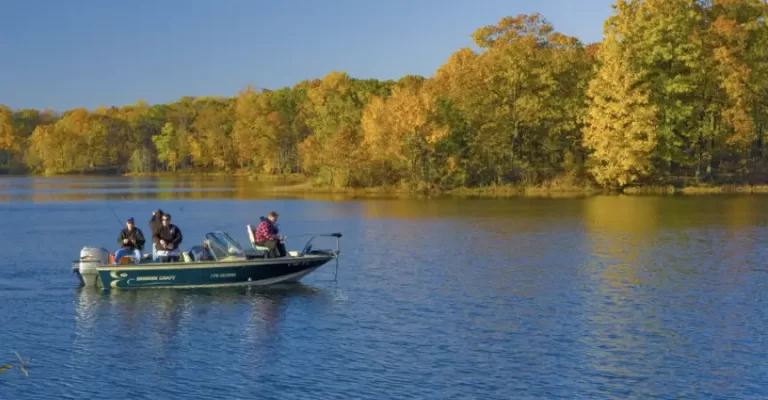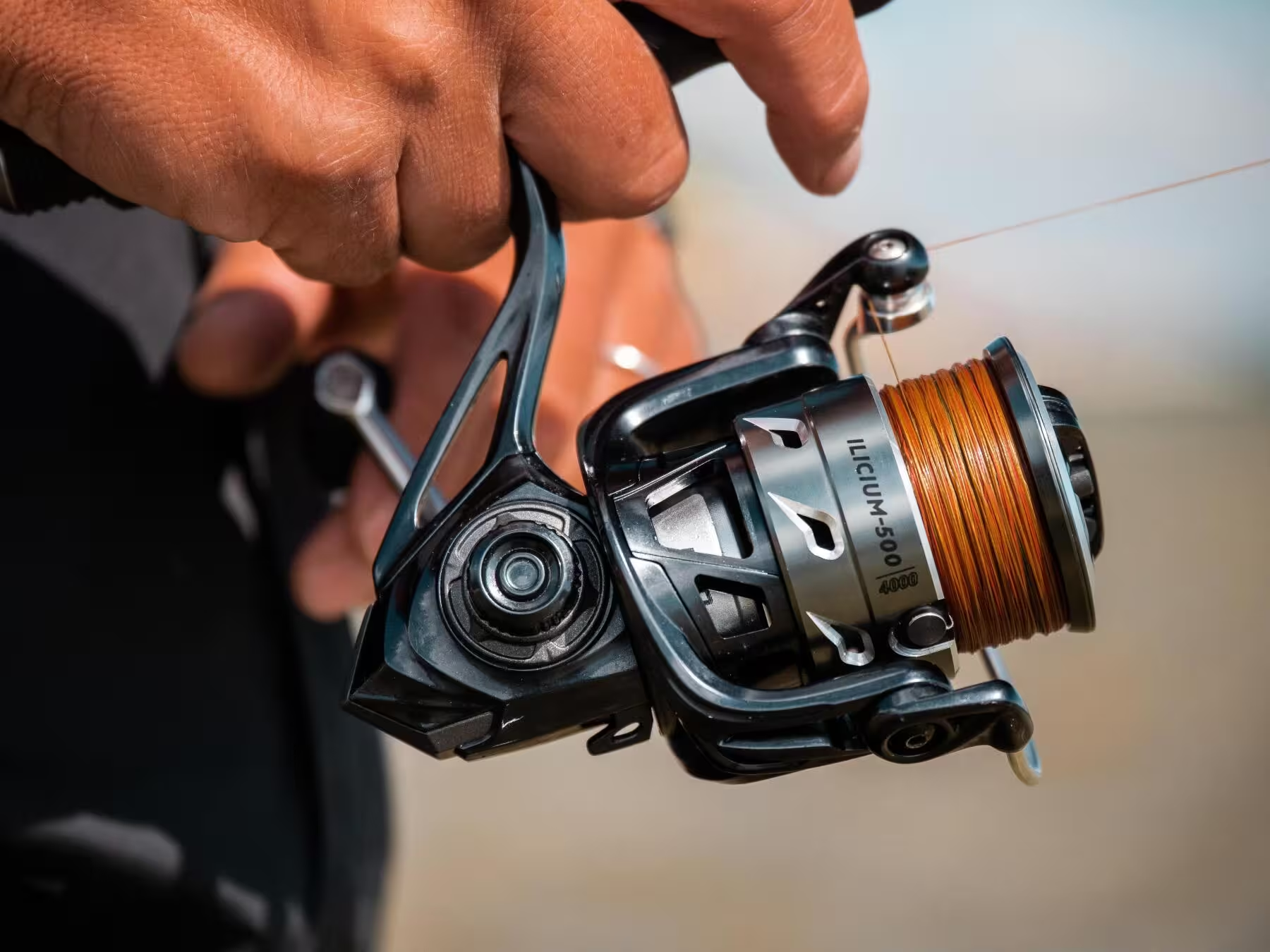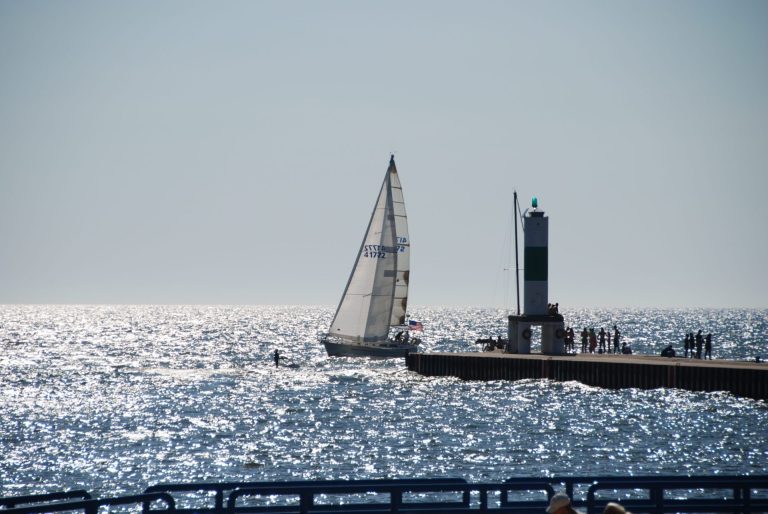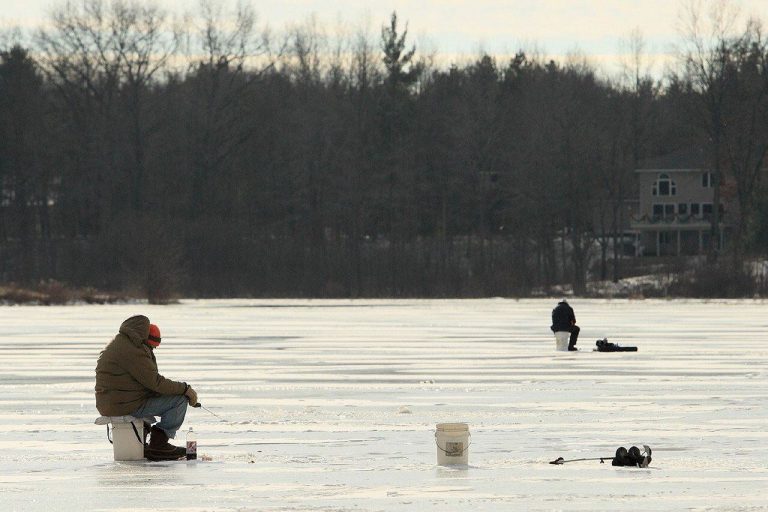Are you dreaming of casting a line into Alaska’s pristine waters and reeling in the catch of a lifetime? Before you embark on your fishing adventure, it’s crucial to understand the state’s fishing license requirements, especially for youth and senior anglers. In this comprehensive guide, we’ll dive deep into the specific regulations, exceptions, and benefits that apply to these age groups, ensuring you can fish legally and responsibly in The Last Frontier.
Why Fishing Licenses Matter in Alaska
In Alaska, fishing licenses are more than just a legal requirement – they’re an investment in the future of the state’s world-class fisheries. By purchasing a license, you directly contribute to vital conservation efforts, including:
- Fish stocking programs to maintain healthy populations
- Habitat restoration projects to preserve natural spawning grounds
- Research and monitoring initiatives to ensure sustainable fishing practices
- Access improvements, such as boat ramps and fishing piers
- Educational programs to promote responsible angling and conservation awareness
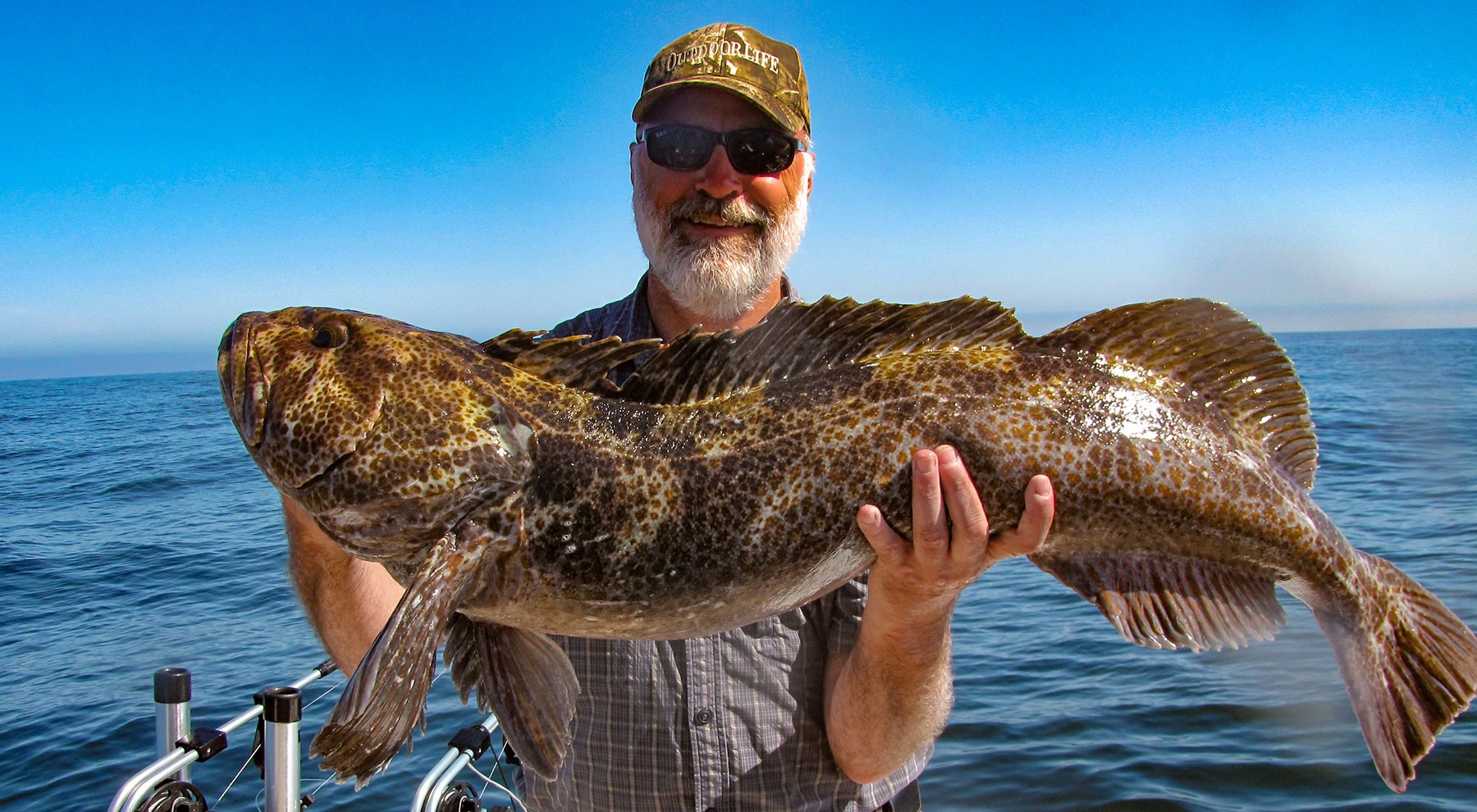

As an angler in Alaska, you become a steward of the state’s incredible fishing resources, helping to protect and enhance them for generations to come.
Youth Fishing License Requirements
Alaska encourages young anglers to discover the joys of fishing by offering special provisions for youth licenses. Here’s what you need to know based on your age and residency status:
Resident Youth
- Anglers under 18: Great news for young Alaska residents – if you’re under 18, you can fish for free in all waters open to fishing within the state, no license required!
- Anglers 18 and older: Once you celebrate your 18th birthday, you’ll need to obtain the appropriate fishing license to continue enjoying Alaska’s waters legally.
Non-Resident Youth
- Anglers under 16: Non-resident youth under 16 can also fish license-free in Alaska, allowing visiting young anglers to experience the state’s legendary fishing.
- Anglers 16 and older: If you’re a non-resident aged 16 or above, you’ll need to purchase a valid non-resident fishing license to wet a line in Alaska.
While youth anglers may be exempt from licensing requirements, they must still follow all fishing regulations, including bag limits, size restrictions, and seasons.
Senior Fishing License Requirements
Alaska honors the contributions of senior anglers to the sport and the state’s fisheries by providing discounted fishing licenses. Here’s the scoop:
Resident Seniors
- Anglers 60 and older: Alaska residents aged 60 or above can take advantage of a reduced-fee sport fishing license called the “Permanent Identification Card” (PID). This card is valid for the holder’s lifetime and offers significant savings compared to the regular annual license fee.
- Obtaining a PID: To get your PID, simply visit any Alaska Department of Fish and Game (ADF&G) office or authorized license vendor. Present proof of age and residency, pay a one-time fee, and you’re set for life!
Non-Resident Seniors
- Anglers 60 and older: Non-resident seniors aged 60 and above are eligible for a discounted annual sport fishing license. While the discount may not be as substantial as the resident PID, it still offers savings compared to the regular non-resident license fee.
- Purchasing a senior license: You can easily buy your discounted non-resident senior fishing license online, at ADF&G offices, or through authorized license vendors. Just have proof of age ready when making your purchase.
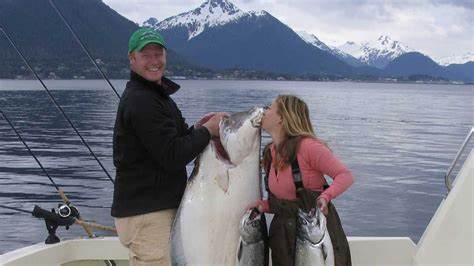

Types of Fishing Licenses Available
Alaska offers a variety of fishing licenses to cater to different angling preferences and trip durations:
Annual Sport Fishing License
The annual sport fishing license is the go-to choice for both residents and non-residents who plan to fish throughout the year. It’s valid from January 1st to December 31st and allows you to fish in all freshwater and saltwater areas open to sport fishing in Alaska.
Short-Term Licenses
If you’re visiting Alaska for a shorter period, consider these convenient options:
- 1-Day Sport Fishing License: Perfect for a quick fishing fix, valid for 24 hours from the time of purchase.
- 3-Day Sport Fishing License: Ideal for a weekend getaway, covering three consecutive days.
- 7-Day Sport Fishing License: If you have a week to dedicate to fishing, this license is valid for seven consecutive days.
- 14-Day Sport Fishing License: For those with more time to explore Alaska’s waters, valid for fourteen consecutive days.
These short-term licenses are popular among tourists and provide flexibility for anglers with limited fishing time.
King Salmon Stamp
Dreaming of reeling in a majestic king salmon (Chinook)? You’ll need to purchase a king salmon stamp in addition to your regular fishing license. This stamp is required for all anglers, regardless of age, who intend to fish for king salmon. Stamp sales directly support management and conservation efforts for this iconic species.
Where to Purchase Your Alaska Fishing License
Buying your fishing license is a breeze with these convenient options:
- Online: Visit the ADF&G website to purchase your license online. After completing the transaction, print your license or save a digital copy on your mobile device.
- In-Person: Drop by any ADF&G office or authorized license vendor, such as sporting goods stores, tackle shops, and some convenience stores.
- By Phone: Call the ADF&G licensing hotline at 1-800-478-2334 to buy your license over the phone. Have your credit card and necessary information ready.
Remember to carry your fishing license with you at all times while fishing, as it must be presented to law enforcement officers upon request.
Fishing Regulations and Best Practices
To ensure a responsible and sustainable fishing experience, familiarize yourself with Alaska’s fishing regulations:
- Bag Limits: Adhere to the daily bag limits for each fish species, which can vary by region and season.
- Size Restrictions: Release any fish that don’t meet the minimum size or exceed the maximum size limit to protect juvenile fish and maintain healthy breeding populations.
- Seasons: Check the ADF&G website or regulation booklet for the most current information on open and closed seasons for your target species.
- Gear Restrictions: Some waters may have specific gear restrictions, such as fly-fishing only or the use of single-hook artificial lures.
Practice proper catch and release techniques, handle fish with care, and follow Leave No Trace principles to minimize your impact on the environment.
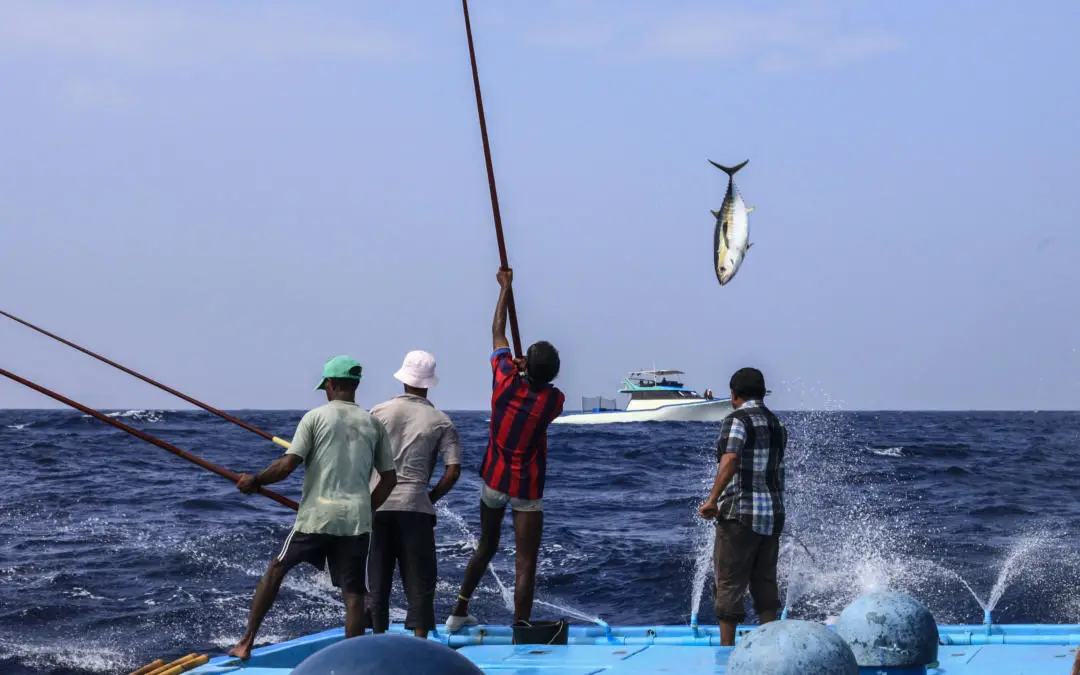

Conclusion
Fishing in Alaska is an unforgettable experience, offering anglers the chance to immerse themselves in breathtaking landscapes while pursuing a diverse array of fish species. By understanding the fishing license requirements for youth and seniors, you can ensure your Alaskan fishing adventures are both legal and enjoyable.
Remember to purchase the appropriate license for your age and residency status, familiarize yourself with the regulations, and practice responsible angling techniques. With a valid license in hand and a deep respect for the environment, you’re ready to create lasting memories on Alaska’s legendary waters.
So gear up, cast your line, and get ready to experience the fishing trip of a lifetime in the awe-inspiring wilderness of Alaska!
If I only plan to fish for one day in Alaska, do I still need a fishing license?
Yes, even if you’re only fishing for a single day, you must have a valid fishing license. You can purchase a 1-day sport fishing license, which is valid for 24 hours from the time of purchase.
Can I use my Alaska resident senior PID to fish in other states?
No, the Alaska resident senior PID is only valid for fishing within the state of Alaska. If you plan to fish in other states, you’ll need to obtain the appropriate licenses for those jurisdictions.
Do I need any special permits to fish in Alaska’s national parks?
Some national parks in Alaska may require additional permits for fishing within their boundaries. It’s always a good idea to check with the specific park’s regulations before planning your fishing trip to ensure you have all the necessary permits.
Is it possible to purchase a fishing license for someone else, like my child or spouse?
Yes, you can purchase fishing licenses for other people. However, you’ll need to provide their personal information, such as name, date of birth, and address, at the time of purchase.
What should I do if I lose my fishing license?
If you happen to lose your fishing license, don’t worry! You can request a replacement license from the ADF&G. There may be a small fee associated with the replacement, but it’s a straightforward process.
